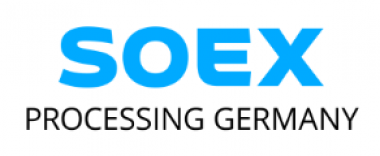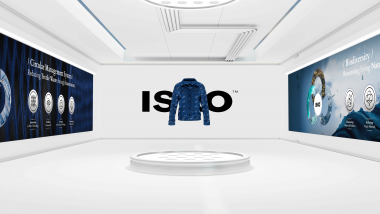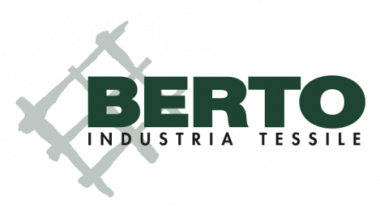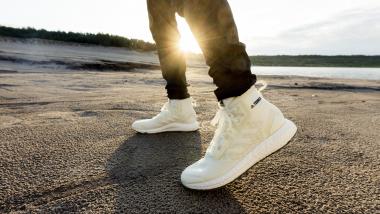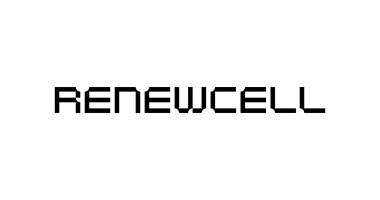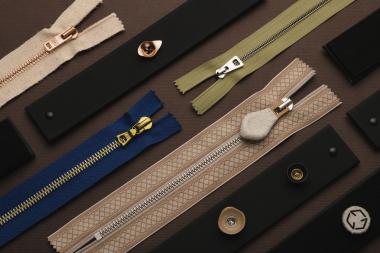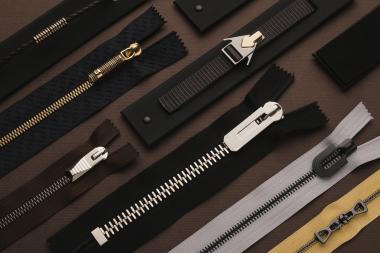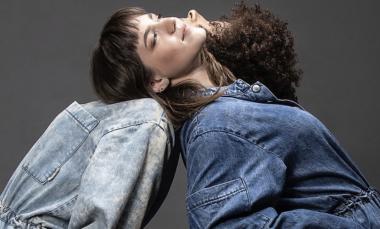TEXAID enables Circularity Project R[ECO]LLECT
TEXAID with its Spanish subsidiary PERCENTIL enable Springfield to put its commitment to sustainability into action through implementing a circularity pilot project with the aim of giving a second life to second-hand garments. As part of the Tendam Group, who operates more than 2000 stores in 79 countries, Springfield partners with the TEXAID group, leading in the industry of collecting, sorting, reselling and recycling used garments, to launch the R[ECO]LLECT initiative.
Take-Back Program R[ECO]LLECT
With "the future is circular" as their call to action, the project is called R[ECO]LLECT and refers directly to the collection of all second-hand garments in good condition, to meet three clear sustainability objectives of Springfield: reduce the pressure on natural resources, reduce CO2 emissions and reduce the amount of textile waste.
R[ECO]LLECT was launched in May 2022 as a pilot project in 16 Springfield stores in Spain across different cities and provinces.
TEXAID’s Spanish subsidiary PERCENTIL is a strategic partner of Springfield in this step towards sustainability. The motto of PERCENTIL is that "there is nothing more sustainable than what you already have in your closet", and it is an intermediary between people who want to get rid of clothes and those who are looking to buy almost new clothes from brands recognized for their design and quality, but at a much lower price. In this way, textile overproduction is reduced, and the environmental impact is reduced. In addition, PERCENTIL receives the clothes, sorts them and takes care of giving them a second life.
Texaid






